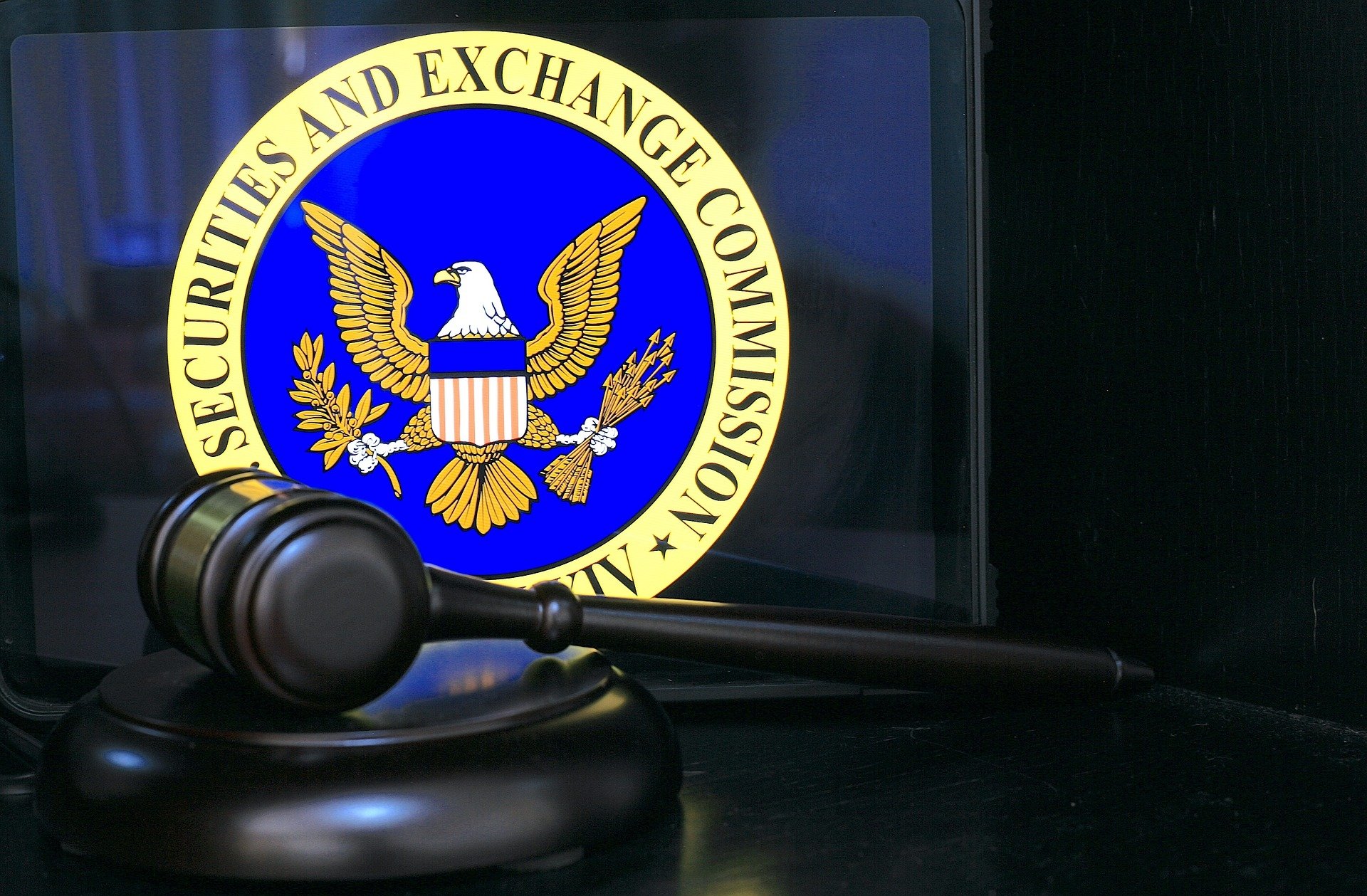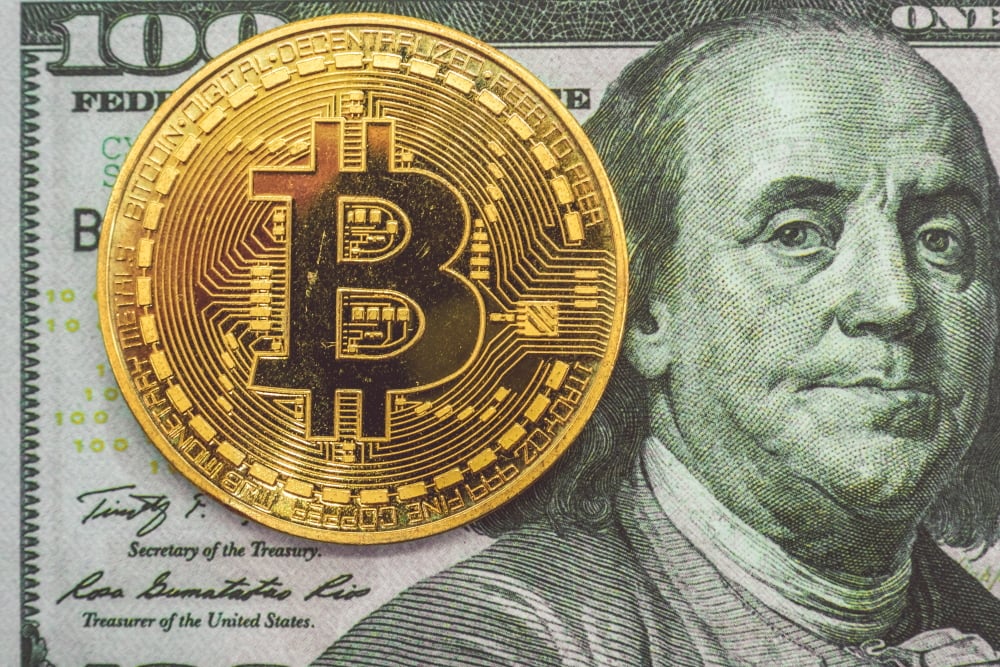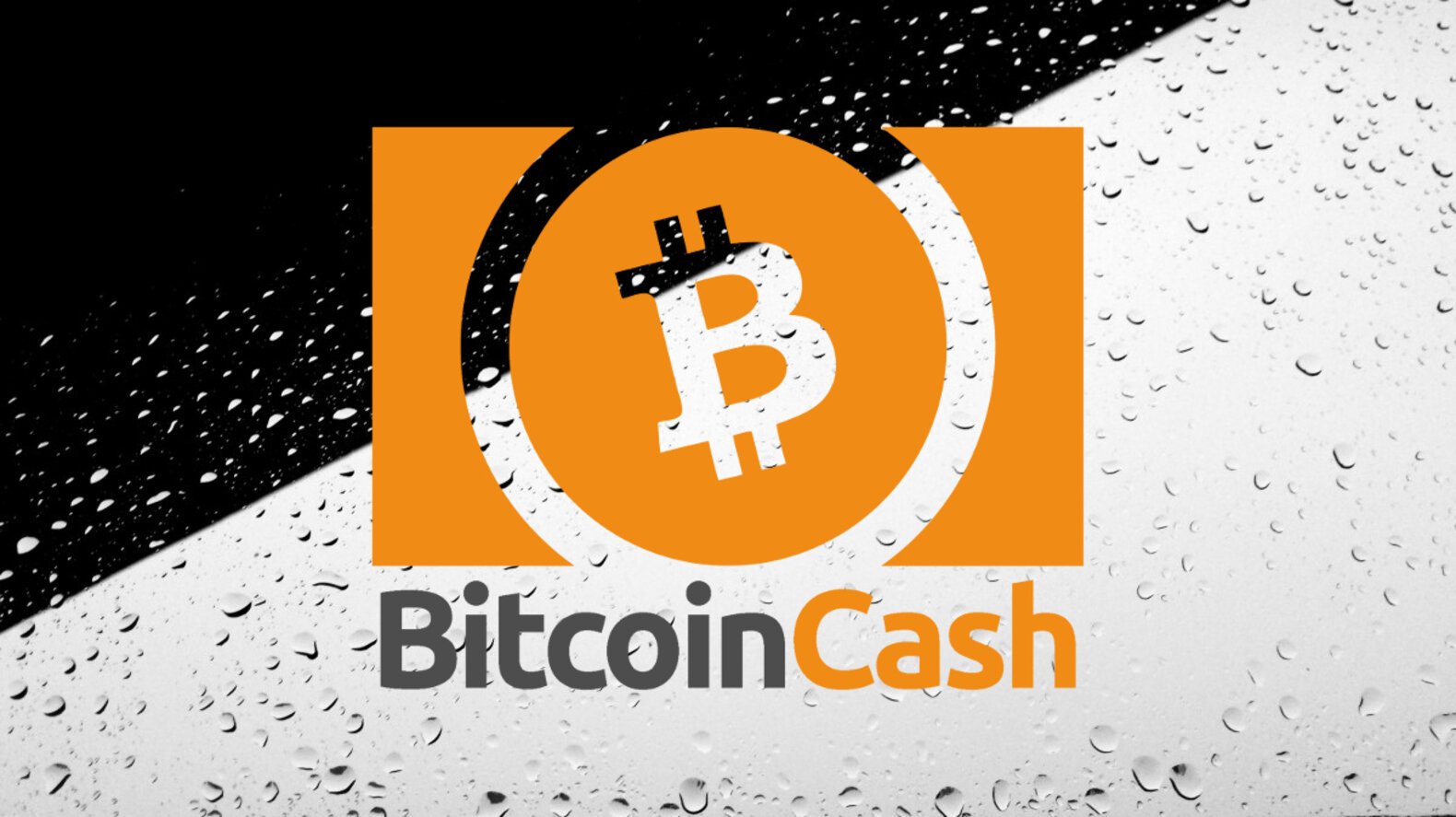The SEC doesn’t clearly state which crypto assets are not securities - there is no such thing as a SEC approved crypto list. However, various SEC officials have made statements over the years about cryptocurrencies they don’t consider to be securities.
Before we show you the list of cryptocurrencies that are unlikely to be considered as securities by the SEC, let’s first make sure that we understand what a security is and why a cryptocurrency being labeled a security is usually perceived poorly in the crypto community.
Why is it such a big deal if a cryptocurrency is considered to be a security?
Most crypto traders and investors know that if a cryptocurrency is labeled as a security, that’s a bad thing and the price of the coin or token in question typically takes a hit in response. However, many participants in the crypto market don’t know much about what being designated as a security actually means for a cryptocurrency.
Most often, the conversation about whether a certain cryptocurrency is a security refers to the United States market and more specifically, the country’s securities regulator Securities and Exchange Commission (SEC). This article will also be focused on the U.S. market.
In the United States, a security is defined as an investment contract where the investor (i.e. the buyer of the security) expects to make a profit from the actions of a third party or promoter. Stocks, which represent an ownership stake in a company, are an example of a security that’s easy to understand.
The Howey test

In the U.S., a set of conditions known as the “Howey Test” is used to determine whether an investment is a security or not. Here are the four prongs of the Howey Test:
- The scheme involves an investment of money.
- The investment is made into a common enterprise.
- The investment is made with an expectation of profit.
- The expected profit is a result of the actions of a third party or promoter.
As you can probably guess, it’s not too hard to argue that many cryptocurrencies are securities under this framework.
For example, if someone participates in a token sale to purchase the native coin for a blockchain that hasn’t even launched yet, it’s pretty clear that they have made an investment with an expectation of profit, and that the profit depends on whether a third party will be able to deliver on their promises or not.
The SEC has already gone after dozens of cryptocurrency projects, accusing them of conducting unregistered securities sales — perhaps the most notable example is the ongoing legal battle between the SEC and Ripple regarding the company’s sales of the XRP cryptocurrency.
Why the crypto industry is against regulating cryptocurrencies as securities
Of course, something being a security is not a negative in itself. Stocks, bonds, and financial derivatives such as futures and options are all examples of securities, and play a crucial role in the economy and the financial markets.
So, what happens if a crypto is a security according to the SEC?
For one, practically no cryptocurrency exchange has the necessary licenses to facilitate the trading of securities. A crypto asset that is determined as a security by the SEC would lose a huge amount of liquidity since crypto exchanges would have to stop offering it to U.S. customers in order not to violate securities regulations.
Due to the strict regulatory requirements associated with securities, many members of the crypto community feel that securities regulations stifle innovation in the crypto and blockchain industry and that the current legal framework is too outdated to simultaneously foster innovation and protect investors.
Many crypto investors and traders also prefer the “laissez-faire” nature of the crypto markets, which are regulated very loosely and operate 24/7. This allows for a lot of price volatility, which is seen as a positive by speculators.
Generally speaking, the crypto and blockchain industry advocates for crypto assets to be regulated either as commodities or lobbies for a bespoke regulatory framework for crypto assets.
SEC approved crypto list — Which cryptocurrencies are not viewed as securities by the SEC?

The SEC has been reluctant to say which cryptocurrencies they don’t consider as securities. In other words, one can’t simply go to the SEC website and find a neatly organized list outlining the cryptocurrencies they don’t treat as securities.
When trying to determine which cryptocurrencies are not (and likely won’t be in the future) considered as securities in the United States, the best we can do is extrapolate from U.S. securities regulations and consider various comments made by SEC officials over the years about which crypto assets they didn’t view as securities at the time.
We can also consider which projects haven’t had any legal trouble with the SEC yet, although this obviously isn’t definitive proof that the cryptocurrency in question won’t be treated as a security in the future.
This list includes 4 cryptocurrencies that Gary Gensler, the current chairman of the SEC, said were not securities at a conference titled “Institutional Crypto” hosted by Bloomberg in 2018:
“Over 70% of the crypto market is bitcoin, ether, litecoin, bitcoin cash. Why did I that name those four? They're not securities.”
To be clear, Gensler was not working at the SEC at the time and it’s entirely possible that his opinion has changed since then.
Here, we think it’s interesting to note that when PayPal launched their crypto buying and selling feature in 2020, the only coins it offered were Bitcoin, Ethereum, Litecoin and Bitcoin Cash. When the mainstream trading app Robinhood began offering crypto in 2018, these were also the first four cryptocurrencies that it offered.
Besides these four, the only coin PayPal has added since launching its crypto feature is PayPal USD, a stablecoin pegged to the US dollar. Meanwhile, Robinhood has been more adventurous and has added coins such as Chainlink, Tezos, Avalanche and others.
In our opinion, mainstream companies such as PayPal, which tend to be more risk-averse than crypto-native companies, view BTC, ETH, LTC and BCH as relatively uncontroversial from a securities regulation perspective.
Bitcoin, Ethereum, Litecoin and Bitcoin Cash are also the only four cryptocurrencies supported by EDX Markets, a cryptocurrency exchange launched by a consortium of financial institutions including the likes of Citadel Securities, Fidelity Digital Assets, Charles Schwab Corporation and Virtu Financial.
Bitcoin

Out of all cryptocurrencies, Bitcoin is the least likely to be treated as a security in any regulatory framework, including in the United States. As recently as September 2023, SEC chairman Gary Gensler has said that he doesn’t view Bitcoin as a security. Meanwhile, he has been much more reluctant to comment on other coins.
In the context of the United States market, Bitcoin has generally been viewed as a commodity. The Commodity Futures Trading Commission (CFTC) regulates the trading of Bitcoin futures in the United States under the Commodity Exchange Act (CEA).
While investing in Bitcoin (and other cryptocurrencies) is still far from a safe bet, the likelihood of securities regulators in the United States cracking down on Bitcoin is close to zero.
Ethereum

If a cryptocurrency was launched through a token sale (for example an ICO), there’s a good chance that the SEC will view it as a security. Ethereum appears to be an exception here, although it’s not outside the realm of possibility that the SEC would try to label ETH as a security at some point in the future.
We’ve included Ethereum in our list mainly due to comments made by former SEC official William H. Hinman. In a 2018 speech, Hinman said the following:
“And putting aside the fundraising that accompanied the creation of Ether, based on my understanding of the present state of Ether, the Ethereum network and its decentralized structure, current offers and sales of Ether are not securities transactions.”
There’s also the fact that the SEC hasn’t gone after the Ethereum project so far, despite the fact that the Ethereum ICO happened almost a decade ago and ETH has a market capitalization of over $200 billion.
While Ethereum is perhaps the most controversial entry on this list due to the fact it was launched through an ICO, we believe it’s unlikely that securities regulators in the U.S. will crack down on the project.
Litecoin

Like Bitcoin, the Litecoin project was launched without a token sale. Litecoin’s creator Charlie Lee simply published the software for the Litecoin protocol, and anyone who was interested could install the software, join the network and begin mining LTC coins without having to pay anything to the person who created the software.
Therefore, it’s very difficult to argue that LTC is a security and Litecoin has been completely uncontroversial from a securities law perspective. This is further evidenced by the fact that even mainstream companies such as PayPal and Robinhood have been comfortable with offering Litecoin trading to retail investors.
Bitcoin Cash

Bitcoin Cash is in a similar position as Bitcoin and Litecoin. The Bitcoin Cash cryptocurrency was created in 2017 as the result of a contentious hard fork of the Bitcoin blockchain. As the split occurred, Bitcoin miners had the choice of continuing to mine on the original Bitcoin blockchain or mining the freshly-forked Bitcoin Cash blockchain.
There was no Bitcoin Cash ICO, and just like with Bitcoin and Litecoin, anyone can join the network and start mining BCH coins, receiving rewards directly from the protocol and not any business or organization. So far, the Bitcoin Cash project hasn’t been targeted by the SEC, and we think there’s a very good chance that this won’t change in the future.
The bottom line
While there’s unfortunately no such thing as a list of SEC approved cryptos, we can still identify cryptocurrencies that likely won’t be targeted by the regulator based on a lack of enforcement actions against the project, comments made by top SEC officials and other reasons.
Generally speaking, if a cryptocurrency was launched through a token sale or similar mechanism, it will most likely be viewed as a security by the SEC, especially if it was offered to retail investors in the United States. Of course, those conducting the token sales have the option of defending themselves in court, like Ripple is doing at the moment.
If you’re interested in learning more about the SEC’s stance of crypto, make sure to check out our list of cryptocurrencies that the SEC views as securities.
 coincodex.com
coincodex.com
